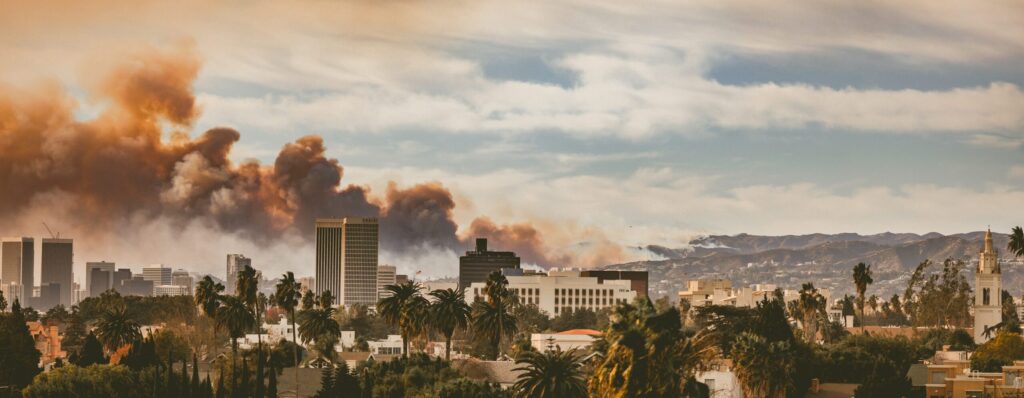- Red ain’t green: Inside Climate News emails that one of their reporters “traveled to North Sumatra, Indonesia, home to one of the world’s rarest species: the Tapanuli orangutan. Fewer than 800 of these apes remain, living in a mountain range no bigger than Los Angeles. They already face steep odds. Gold mining, palm oil plantations and hunting have all chipped away at their habitat. But now, a Chinese-owned hydroelectric dam is being built right in the middle of it. When I visited, I met scientists and local advocates who’ve been fighting to stop the project. They’ve warned that the project could push the species to extinction. Some who spoke out against it lost their jobs and access to the area. One activist even lost his life.” Red green power may not be all it’s cracked up to be.
- English wines are the punchline to many jokes including “Did you hear the one about the Medieval Warm Period when French producers sought trade-barrier protection from Welsh claret?” Hilarious. But since the Times reports “Dry summer produces ‘unicorn vintage’ for English winemakers” and “The driest spring in more than 100 years and the warmest summer on record in the UK have provided ideal growing conditions for grapes” it might be worth considering that back when England had one glorious summer and splendid wine after another it might have been… warmer than today? Drat that historical evidence. Positively spoils the misery.
- Speaking of misery, supposedly the “green energy transition” was going to be pain-free and indeed pleasurable. But then you read the details, like a story in Bloomberg entitled “The World’s Secret Electricity Superusers Revealed”. While everyone’s glaring at data centres over energy use, “suppliers of industrial gases” are also hogging the stuff. “Everyday items like toothpaste and life-saving treatments like MRIs are among the countless parts of modern life that hinge on access to gases such as nitrogen, oxygen and helium. Producing and transporting these gases to industrial facilities and hospitals is a highly energy-intensive process.” And the largest producers aren’t showing any signs of cutting their carbon emissions, “according to a new report from the campaign group Action Speaks Louder.” So you may have to do without toothpaste and MRIs in the brave new world. It may hurt a bit.
- Save the whales a bit! The government of Canada, specifically the Ministry of Fisheries and Oceans (DFO to insiders) thinks North Atlantic Right Whales might make it perhaps: “The research found: * Known feeding areas for NARW have expanded to as far north as the Gulf of St. Lawrence. This is due to rising ocean temperatures and declines in prey in NARW traditional feeding areas. * The biggest threats to NARW survival and recovery is human activity, particularly vessel strikes and fishing gear entanglements. * Population projections show that if threats are adequately mitigated, the NARW population can recover to a healthy state in the next 35 to 100 years.” It’s not clear whether they think climate change is good or bad in this context, and they leave out of “human activity” the one that fills the seabed with trenches, cables, big cement platforms and noise noise noise noise so we can have a trickle of electricity from offshore wind. But at least they care.
See Comments 
Tidbits
05 Nov 2025 | News Roundup


